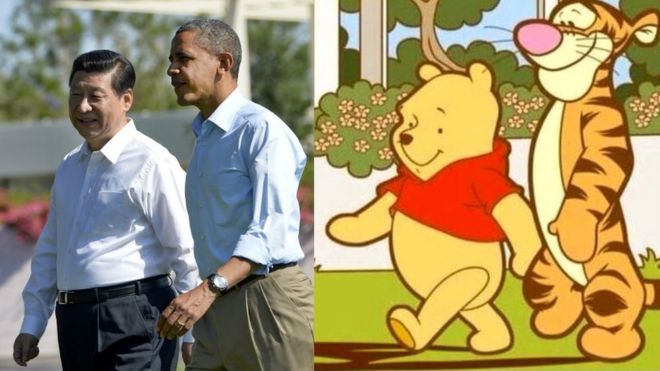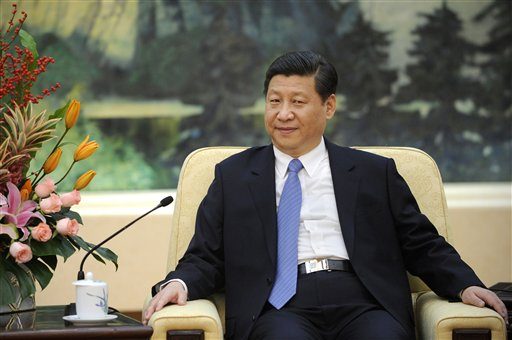Western news outlets are reporting that the A.A. Milne character is Pooh-rsona non grata, but searches still turn up plenty of material.

Is Winnie The Pooh banned in China? Although the Financial Times and other Western news gathering organizations have reported that the beloved children’s book and cartoon character is currently unwelcome, China Film Insider has found no such blockage of Pooh-related material in internet searches conducted in Beijing on Monday night, local time.
The censorship reports may have emerged from an image of Winnie The Pooh walking with his pal Tigger, which was juxtaposed with one of China’s President Xi Jinping walking with the 44th President of the United States Barack Obama. Not known for their sense of humor, China’s censors may have wanted to stop the spread of such an image on social media.
However, internet searches for “小熊维尼,” or “little bear Winnie,” his Chinese name, returned over 10 million results, and “Winnie The Pooh” in English returned over one million results, both on Baidu, China’s most popular search engine. A random selection of results were, in turn, accessible when clicked, including depictions of Winnie The Pooh on Disney’s site in China. Disney has had the rights to Winnie The Pooh and related characters since 1953.
The FT also indicated that searches for Pooh on the Sina Weibo microblog were also coming up empty, or indicating that “content is illegal.” However, China Film Insider searches on Weibo found new and older material with images of Pooh, including the original Pooh/Tigger picture, but without the national leaders accompanying it.
China’s officials have never been shy when it comes to censoring fictional animals. The film “Babe: Pig in the City” was banned in 1998 because, at the time, the State Administration of Radio, Film, and Television, now part of the State Administration of Press, Publication, Radio, Film and Television, had a policy that films were not allowed to depict live-action animals with the ability to speak.






